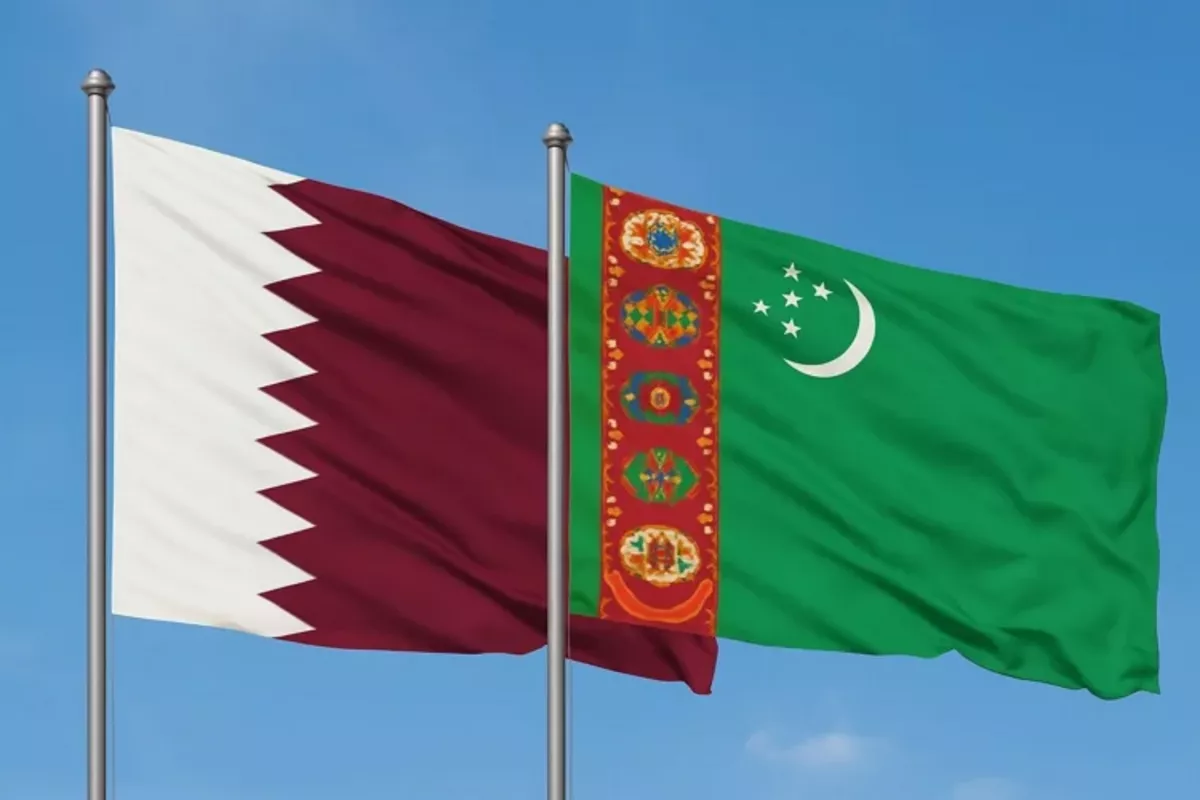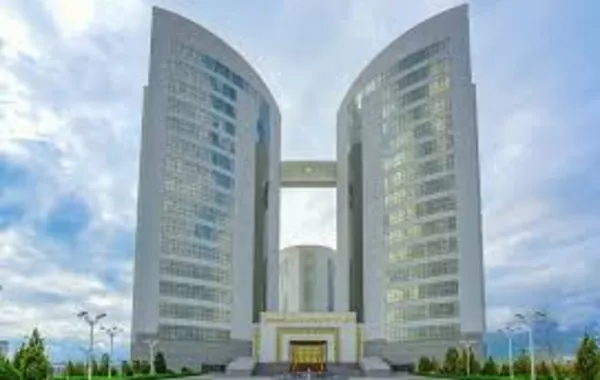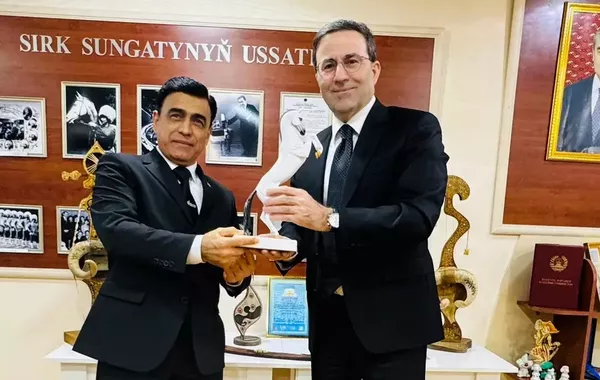
The recent meeting between the foreign ministers of Turkmenistan and Qatar, two of the world’s leading natural gas producers, held on the sidelines of the Third UN Conference on Landlocked Developing Countries (LLDC3) in Awaza, highlighted promising prospects for renewed cooperation in energy and investment.
While Turkmenistan and Qatar may appear as competitors in the global gas market, their export strategies differ significantly, The Caspian Post reports via Kazakh media.
Qatar dominates the liquefied natural gas (LNG) sector, exporting 77.23 million tons in 2024 and holding nearly 19 per cent of the global LNG market, according to the International Gas Union. This gives Qatar significant flexibility in worldwide gas deliveries.
Turkmenistan, holding the world’s fourth-largest natural gas reserves, primarily exports pipeline gas, notably via the Turkmenistan-China pipeline, which delivered over 30 billion cubic meters of gas in 2024. However, Turkmenistan’s reliance on existing pipelines and lack of direct sea access pose challenges, making collaboration with Qatar’s LNG expertise especially strategic.
Historically, the two countries’ relations have experienced ups and downs. Qatar was a participant in the 2011 Ashgabat Agreement-an international transport corridor linking Central Asia and the Persian Gulf-but withdrew in 2013, slowing infrastructure cooperation. Despite this, throughout the 2010s, Turkmenistan and Qatar signed various energy, trade, and investment agreements, including creating a joint intergovernmental energy commission, paving the way for renewed dialogue.
In March 2023, Turkmenistan’s President visited Qatar, discussing enhanced economic cooperation and major energy projects. The momentum for deeper ties has since accelerated following the LLDC3 conference.
Qatar’s sovereign wealth fund, the Qatar Investment Authority, managing assets over $450 billion, seeks to diversify globally. Though Qatari investments in Central Asia have been limited, Turkmenistan’s resource wealth and strategic position offer attractive opportunities, particularly in gas infrastructure and logistics.
Significant prospects lie in modernizing Turkmenistan’s gas sector and developing new export routes, such as the Turkmenistan-Afghanistan-Pakistan-India (TAPI) pipeline, projected to carry 33 billion cubic meters annually, unlocking supplies to South Asia.
Additionally, Qatar aims to expand logistics corridors. As a vital node on the historic Great Silk Road, Turkmenistan proposes projects to develop Caspian Sea ports and railway infrastructure, reinforcing regional transport-key themes at the LLDC3 event.
For Turkmenistan, partnering with Qatar opens strategic geopolitical pathways, enabling expanded access to South and Southeast Asian markets, strengthening its economic influence, and enhancing its role in the global energy system. This deepening cooperation forms part of Turkmenistan’s broader strategy to diversify its foreign and economic relations and shape the future of international trade and energy frameworks.
Share on social media

